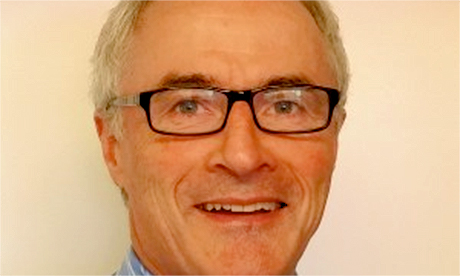The level of domestic violence in New Zealand is alarming.
As a mark of the country’s concern, all parties in Parliament supported the introduction of Jan Logie’s Domestic Violence Victims’ Protection Bill.
Last week the Government parties passed her private member’s Bill into law.
The new law gives victims of family violence up to ten days leave off work to deal with the consequences of violence at home.
In “God’s own” country the law raises questions like,
- Why do men use violence against the person they most love in their lives?
- Why do women endure the violence sometime for many years?
- What are the effects on children where violence in the home is normalised?
The most difficult question of all is – How do we stop family violence?
As a Youth Development Agency Challenge 2000 has over 100 years of combined experience dealing with the damaging and destructive effects of family violence.
We have seen it all and it is not getting any better.
Research suggests that only 20% of domestic violence is officially reported, 80% is hidden in our community.
The same research suggests domestic violence stretches all over our country, irrespective of their culture, religion or socio-economic status.
No sector is without it.
The reported facts make for very sobering reading:
- Each year, Police are called to around 200,000 incidents of domestic violence
- Domestic violence amounts to 41% of Police work
- There are over 2,000 reported sexual victimisations against a child 16 and under every year
- Women apply for over 5,000 family violence protection orders every year
- There are 5,000 arrests of men (sometimes the same man several times) for breach of those orders every year
- Police arrest 6,000 men for “male assaults female”
- Women’s refuges get 73,000 crisis calls a year; 2,500 women and children stay in safe houses
- 1 in 3, nearly 35% of women, who have ever been in a relationship, report sexual or physical violence, and when psychological or emotional abuse is factored in, this figure increases to 55%
- 1 in 3 women and 1 in 10 men report having been sexually abused as a child.
- Challenge 2000 data suggests that 1in 5 men have been sexually abused as a child
- 20% of females and 10% of males report have had unwanted sexual contact in the last 12 months
- Between 2009 and 2015 there were 92 deaths of women from family violence, 98% of these women had a history of ongoing violence and abuse
- In that same time, there were a total of 183 domestic violence deaths
Of these 54 of the remaining victims were children and the rest other family members.
This is the very sobering reality of domestic violence in our nation, and while a complex issue facing our communities, it doesn’t have to be this way.
Despite these ugly facts and the destructive consequences of family violence, there is hope.
At Challenge 2000 we think there are four steps we can all take to change these statistics and rebuild our country.
Embrace non-violence
It is never acceptable to physically abuse, sexually abuse, intimidate, harass, threaten or hurt a person, or psychologically or emotionally abuse, or damage the property of anyone.
Never allow a child or young person to see or hear any of these behaviours.
Show respect
Respect and love yourself, each family or whanau member and your neighbours and friends.
Speak and act with love. Use supportive language and if frustrated or angry walk away.
Never touch another person in anger and without respect for their dignity.
Be Family aware
Be aware of what is going on in your families.
Speak out and seek support if you get that gut feeling that all is not well with family members or you, yourself, are not behaving in a loving, positive way.
Get involved in the community
Domestic violence is a community issue, yet we often think it is none of our business.
At Challenge 2000 we suggest each of us do our bit to make a difference in our communities, and gets involved in supporting others; it is your business as a member of the community.
Please act if you are concerned.
Suspect family violence?
If worse comes to worst and if you suspect domestic violence we suggest two responses.
If there is immediate danger: Contact the police on 111.
Or if you are concerned about children not in immediate risk: Contact Oranga Tamariki on 050832459.
- Steve O’Connor QSM is the Director of Youth Development Agency Challenge 2000. He has spent over twenty years as a front line police officer in Wellington and spent many years as a youth aid officer. For a period of two years, every family violence death in NZ came across his desk. Steve has worked at a national level to improve police response to family violence in the hope of saving more lives and making a difference to victims.
